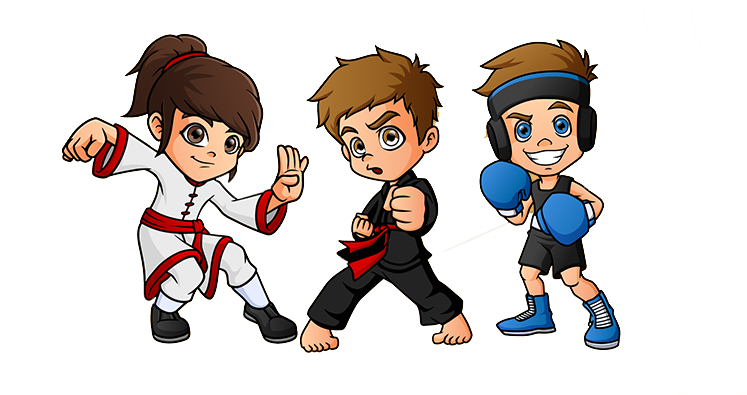
The rise of the internet has brought with it many positive changes to the ways we socialise: today, we can use the web to connect and collaborate with people around the world, learning more about other ways of life and keeping in touch with friends no matter where they live.
However, it’s not all good. Cyber bullying is a new form of bullying that happens online. It can take place on web forums, social media platforms, or simply during gaming or texting sessions online. Cyber bullying is just as serious as any other kind of bullying, and it’s on the rise globally. Almost one in four people in the UK have now experienced cyber bullying.
What is cyber bullying?
Cyber bullying is bullying which takes online. It can take many different forms, and it doesn’t always look like its more traditional counterpart. When most people think of bullying, they think of name-calling and social shunning, in the worst cases escalating into physical violence. Cyber bullying can happen alongside traditional bullying, or take place solely online.
Some kinds of cyber-bullying include:
- Sending hurtful messages or threats. These can be sent on messaging platforms like WhatsApp and Messenger, social media pages like Instagram or Facebook, or even on web forums and message boards.
- Spreading rumours and photographs of someone online.
- Pretending to be someone online, and sending messages to other people in the guise of someone else to purposely harm their friendships and relationships.
How serious is cyber bullying?
In February of 2019, Hailey Nailor, a 16-year-old girl, jumped to her death from a fifth-floor parking garage at a mall. The following police investigation found that the suspected reason for her suicide was bullying, with much of that bullying taking place online. The teen posted about her feelings on Snapchat just moments before her death, and her friends are adamant that bullying was to blame.
While cyber bullying can happen to people of any age, it’s children, teenagers, and young people who are most at risk. Youths who are bullied have an increased risk of depression, anxiety, sleep problems, and academic problems, including dropping out of school, while targets of cyberbullying are at a greater risk of both self-harm and suicide.
(https://www.meganmeierfoundation.org/statistics)
It’s easy to write cyber bullying off as something that can easily be avoided by simply switching off the computer, but it’s important to realise that for most young people today, where life takes place just as much online as it does offline, this isn’t an option.
Is my child being cyber bullied?
Unless your child tells you they’re a victim of bullying, it can be difficult to know what to look out for. Many children and especially teenagers don’t come to their parents if they’re experience trouble at school, either because they’re embarrassed or because they don’t think you’ll be able to help.
The first thing you should do is check in with your child regularly. Pay attention to what they say and who they mention, and make sure they know that they can come to you about anything, big or small. Ideally, your child will tell you if they’re being bullied. But in a large number of cases, this doesn’t happen and you might have to look out for subtle signs, instead. When you know what to watch out for, cyber bullying is a little easier to spot.
Pay attention to your child’s behaviour around computers, tablets, and smartphones. They might:
- Suddenly be online less, when they used to be on their computer, tablet, or smartphone much more often.
- Stop going online in a place where you can see, for example in shared family areas of the house.
- Quickly switch off their computer or phone when you walk past.
- Seem nervous or worried when they receive a message.
- Seem withdrawn or not want to go to school.
- Comment on issues with school friends or a falling out.
How can I help?
If you think your child could be a victim of bullying or cyber bullying, talk to them. Open up about times you’ve faced bullying, and ask them to confide in you. If they don’t, you may have to exercise your right to look through their phone or computer history. While this may feel like a breach of privacy, it’s about protecting your child.
If you confirm that cyber bullying is taking place, there are things you can do to help. You could talk to the parents of the bullies, and see if it helps, as well as reaching out to your child’s school. If bullying continues or worsens after this, don’t be afraid to contact the police. One of the few silver linings of cyber bullying is that, since it takes place online, there’s often a paper trail.
Cyber bullying is dangerous, and today there are so many kids out there who are having to go through this trauma alone. Simply being there for your child, talking and listening to them, could help them to deal with the emotional anxiety and pain of bullying in untold ways. If you’re worried about the effect that cyber bullying has had on your child, don’t be afraid to reach out for more help (https://www.understood.org/en/friends-feelings/managing-feelings/stress-anxiety/types-of-emotional-help-available-for-your-child).

